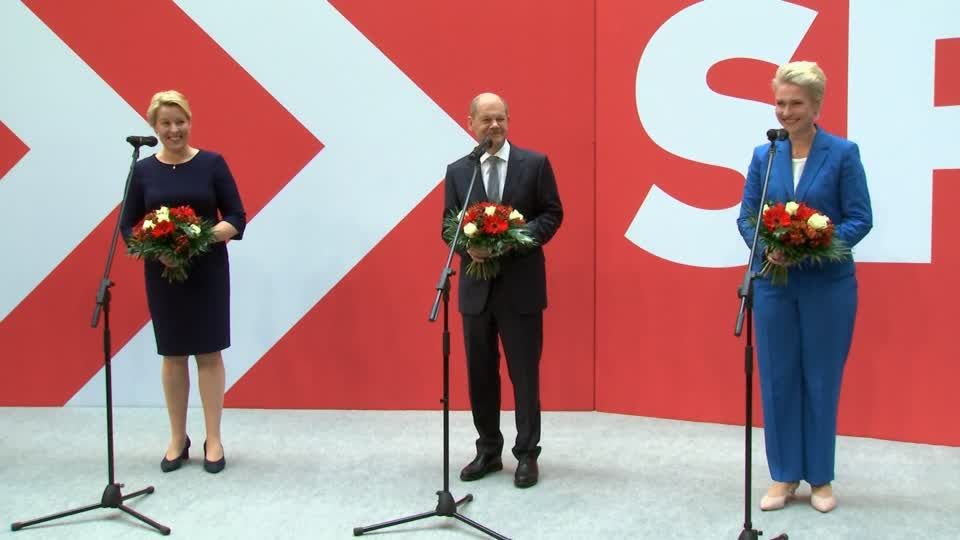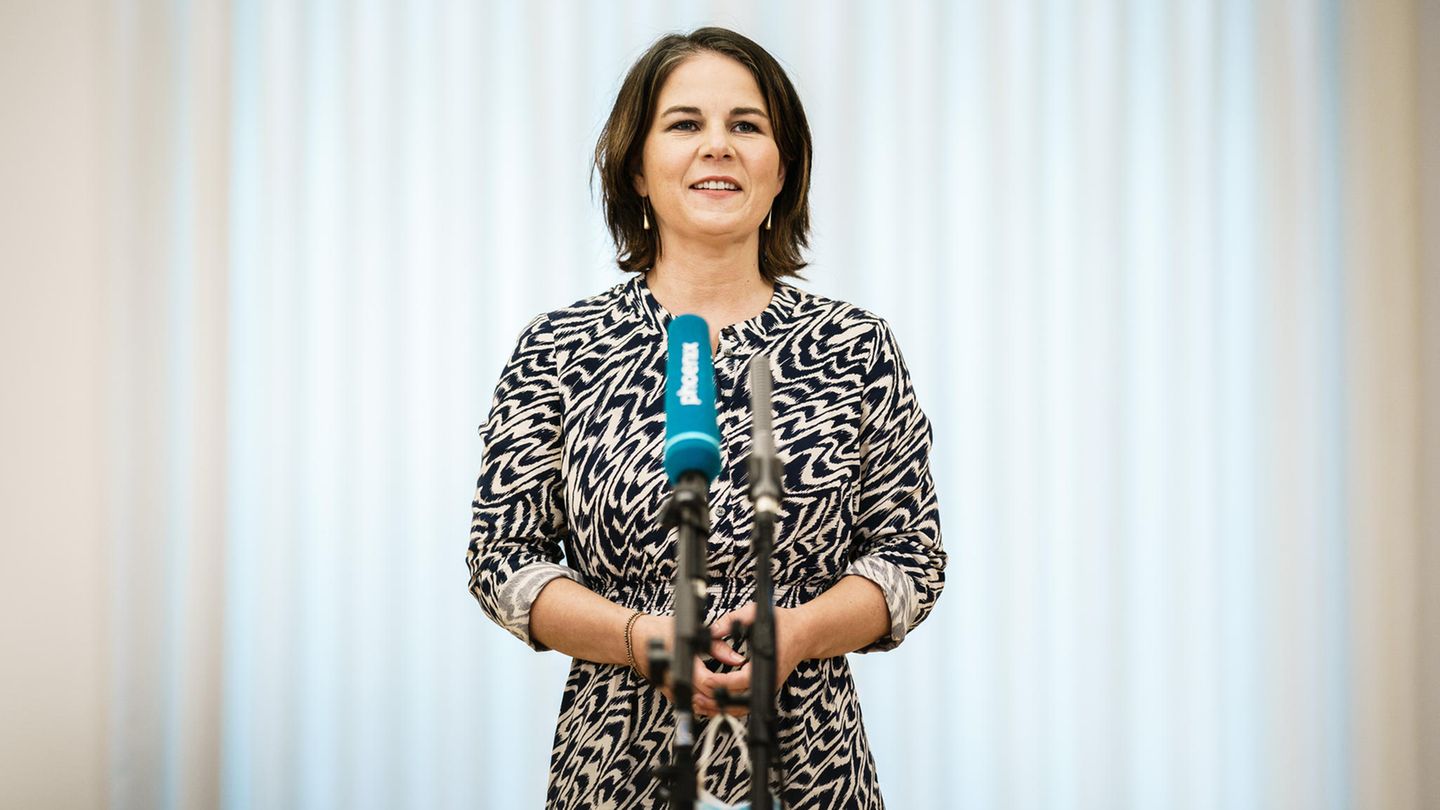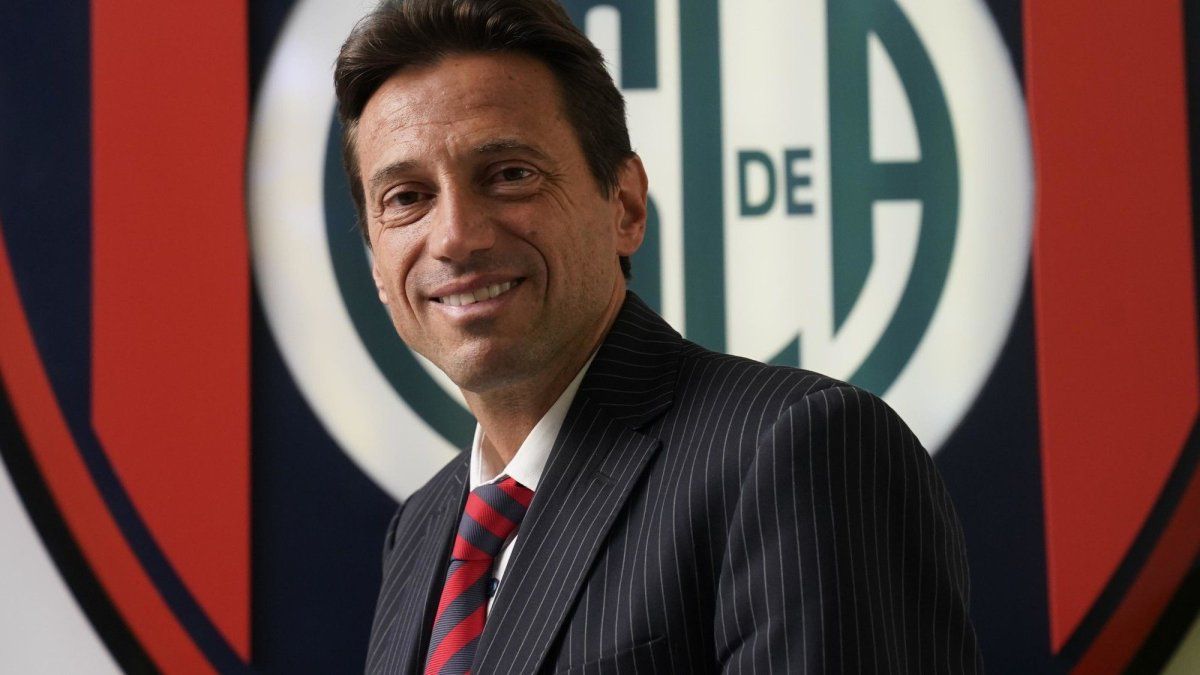After the general election, talks about a new government should get underway. Ironically, the smaller parties, the Greens and the FDP, initiated the process. How it goes on now.
This time, the formation of the government should not be a hangover like 2017. Actually, all actors agree on that. The pace is being made. Three days after the election, the Greens and the FDP line up for the negotiations – and have made appointments for talks with the Union and the SPD. The overview.
FDP: First the Union, then the SPD
The FDP wants to talk to the Union at the weekend and then to the SPD about forming a government after the federal election. That said FDP General Secretary Volker Wissing on Wednesday in Berlin. Talks that had started with the Greens would also be continued in a larger group on Friday. On Saturday, the FDP wants to meet with the CDU and CSU and on Sunday with the SPD. Regarding the order, he said that this results “from the situation, as the deadline situation is”.
Greens: First the SPD, then the Union
The Greens want to talk to the SPD on Sunday about the formation of a new federal government. That said party leader Annalena Baerbock on Wednesday in Berlin. The Union has also invited the Greens for talks next week. The FDP had previously announced its talks. The Greens will speak to the Social Democrats on the Sunday after the FDP.
FDP and Greens: To be continued
The Greens and FDP had initiated initial talks with a confidential top meeting on Tuesday evening. On Friday, the talks started are to be continued in a larger group, said FDP General Secretary Wissing.
The Greens chairmen Baerbock and Robert Habeck as well as FDP leaders Christian Lindner and Wissing then published a photo of the quartet on Instagram and wrote: “In the search for a new government, we sound out similarities and bridges across divisions. And even find some. Exciting times. “
FDP General Secretary Wissing did not provide any information on the content and the atmosphere of the first preliminary talk, with reference to the agreed confidentiality. At the follow-up meeting with the Greens, “first substantive questions should now be deepened”. It is about the issues that played a central role in the election campaign. The members of the Presidium should participate from the FDP side.
The talks with the Union and the SPD, which could provide the chancellor in a future alliance, should first be conducted separately, as Wissing made clear. “Everyone has to want to work with everyone, so this has to be clarified in bilateral talks,” he said in support of the statement.
What do the FDP and the Greens expect from the talks?
It is important for the FDP to have spoken bilaterally over the weekend with everyone who might be considered as possible government partners, said Secretary General Wissing. The results are then “the most important prerequisite for being able to take the next step”. It is about understanding the content of the positions, but also the question of whether there is “a willingness to work together”. A government would also face challenges that we do not yet know about. On questions about the stability of possible partners and current disputes in the Union, Wissing said: “We don’t just talk to individuals, but to parties.”
Green leader Baerbock again made her preference for a traffic light coalition clear. You want to talk to the FDP and SPD first. They have the mandate “for a progressive government to renew this country”. In discussions with the Union, she only said: “You have to go into more detailed planning.”

The Green leader also warned of a hanging game like after the federal election four years ago. The soundings could not “drag on for weeks or even months”. “2017 should not be repeated. That is why our aim is now to hold discussions quickly and also to hold discussions based on trust.” In 2017, the formation of a government took almost half a year because the FDP broke tough negotiations on a Jamaica coalition.
The Union fell to its historic low of 24.1 percent in the federal elections. The SPD was the strongest force with 25.7 percent. The Greens came third with 14.8 percent, followed by the FDP with 11.5 percent. SPD Chancellor candidate Olaf Scholz is aiming for a traffic light coalition with the Greens and FDP, named after the party colors. The Union of Chancellor candidate Armin Laschet (CDU) is offering talks about a so-called Jamaica coalition with the Greens and the FDP.
David William is a talented author who has made a name for himself in the world of writing. He is a professional author who writes on a wide range of topics, from general interest to opinion news. David is currently working as a writer at 24 hours worlds where he brings his unique perspective and in-depth research to his articles, making them both informative and engaging.




